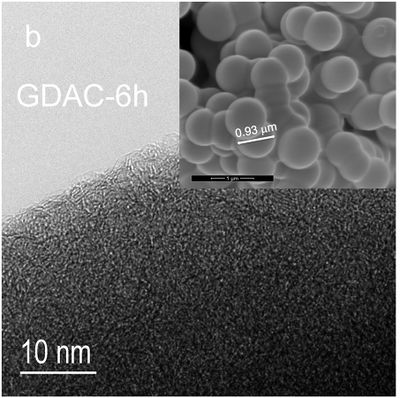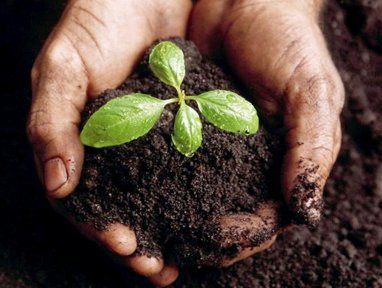Hydrothermal Carbonization
Jump to navigation
Jump to search

Carbon nanoballs made from glucose via hydrothermal carbonization, that have been processed with CO2 for 6 hours to change surface properties. SEM image from University of Tartu.
Basics
Hydrothermal Carbonization (HTC), also known as "hydrochar", is a form of thermal biomass conversion that involves moderate temperatures and pressures over an aqueous solution of biomass in a dilute acid for several hours. One advantage of the HTC process over conventional dry-thermal pre-treatments is the ability to handle wet feedstock without pre-drying. The resulting "biocoal" has physiochemical properties that are very different from biochar and can be used as a soil amendment (similar to biochar), bioenergy, and the remediation of wastewater pollution.
Open Source Hardware Needs
- Pressure Vessel
Internal Links
- Biochar (The term used for using Charcoal / Bio- Petcoke or Hydrochar in soil such as Synthetic Amazonian Black Earth )
- Torrefaction
- The Biochar Economy
